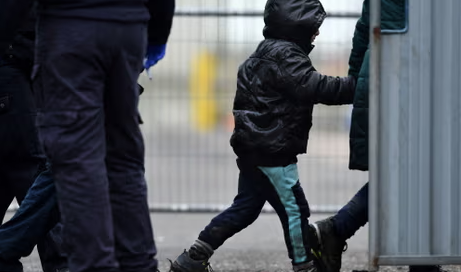- Frees them from a prison-like centre deemed unsuitable for children
GAZETTE REPORTER
Botswana has released asylum-seeking children from the Francistown Centre for Illegal Immigrants following persistent calls from the United Nations Working Group on Arbitrary Detention.
The detention facility had been the subject of international concern due to its prison-like conditions that are deemed unsuitable for children and reports suggesting the presence of hardcore criminals among the occupants.
UN representatives tasked with investigating cases of arbitrary detention inconsistent with international standards had repeatedly criticized the Botswana Government for its treatment of children at the facility.
Dukwi Refugee Camp
Despite petitions from human rights activists and asylum seekers, the government initially resisted releasing the children. However, succumbing to mounting pressure, the government has informed the UN that it has decided to relocate the children and other asylum seekers to Dukwi Refugee Camp.
According to a government report, this decision was made in 2021 and reflects an ongoing effort to explore alternatives to detention.
In the report, the government stated that a multi-dimensional stakeholder committee is actively working on finding alternatives and that the effort has already resulted in some voluntary repatriation of rejected asylum-seekers and irregular migrants.
This move, according to the government, aligns with Botswana’s commitment to human rights and addressing concerns raised by international bodies.
Access to essential services
In terms of reception conditions, the government assured the UN that all asylum-seekers now reside at Dukwi
Refugee Camp where they have access to essential services such as health, security, education, food, and shelter. The relocation is seen as a positive step towards ensuring better living conditions for asylum seekers.
Botswana had entered reservations to the Convention Relating to the Status of Refugees, allowing for differential treatment of non-citizens in accordance with Section 15(4) (b) of the Constitution.
The government justified these reservations by citing policies such as the reservation of businesses for citizens, the concentration of refugee protection in one place for convenience, and economic protection for citizens.

